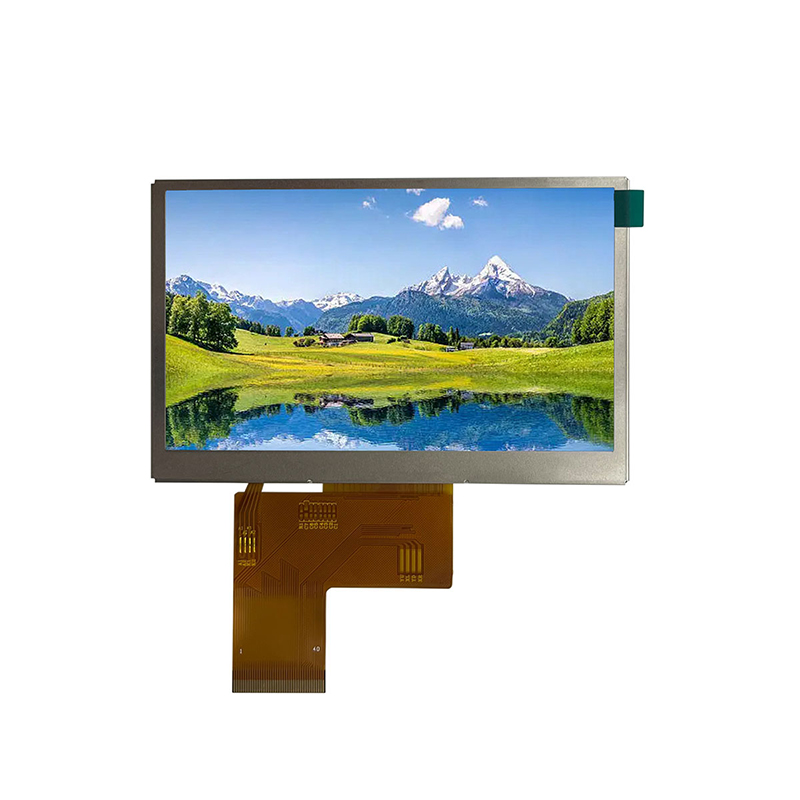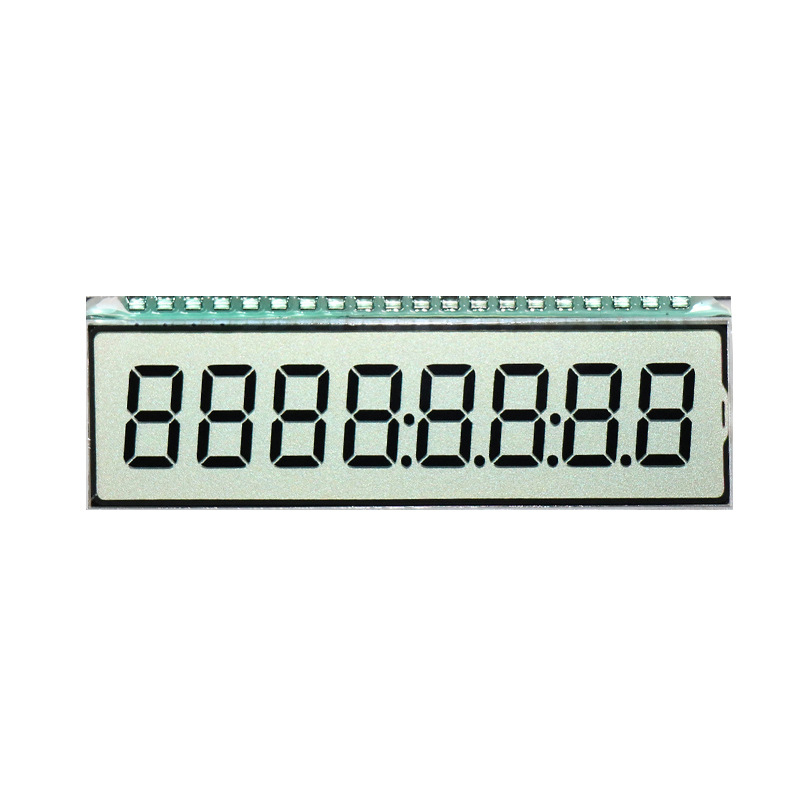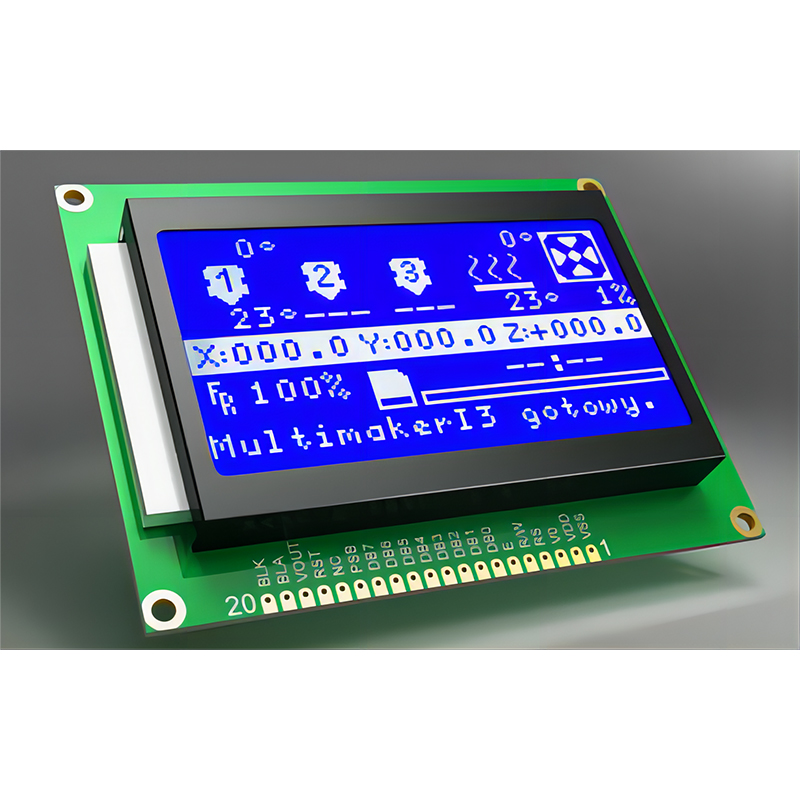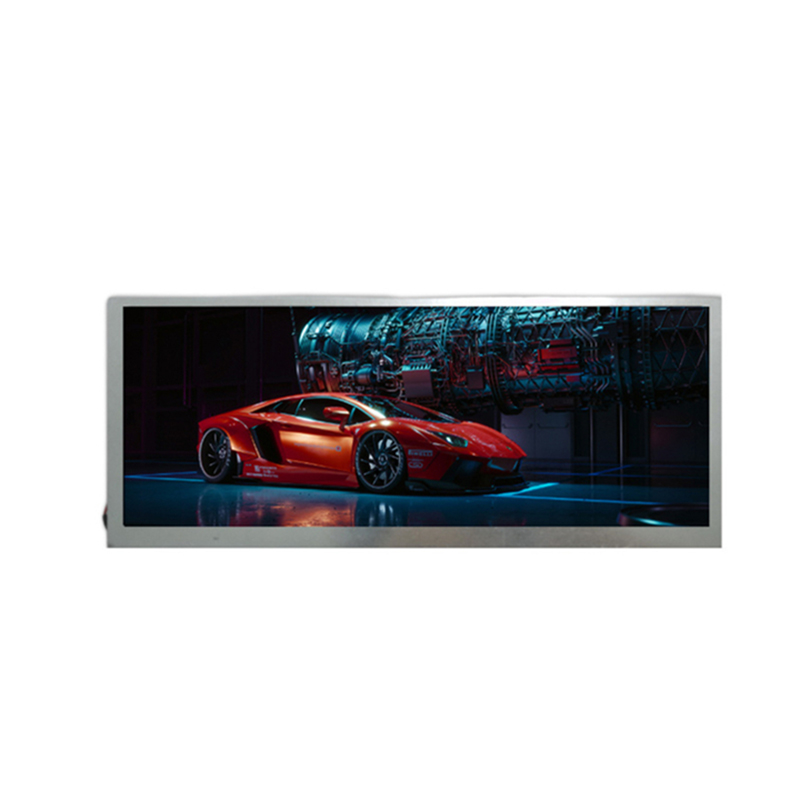
Flexible AMOLED displays are revolutionizing the electronics industry, offering a compelling blend of flexibility, vibrant colors, and superior energy efficiency. This advanced display technology builds upon the strengths of AMOLED (Active-Matrix Organic Light-Emitting Diode) screens, adding the crucial element of flexibility. This allows for the creation of foldable smartphones, rollable screens, and other innovative form factors that were previously impossible. This article delves into the intricacies of flexible AMOLED display technology, exploring its core components, manufacturing processes, applications, and future prospects.
The magic of flexible AMOLED displays lies in the organic materials used to create the light-emitting pixels. Unlike traditional LCDs (Liquid Crystal Displays) that require a backlight, AMOLED pixels generate their own light, leading to deeper blacks, higher contrast ratios, and improved power efficiency. The flexibility comes from the use of flexible substrates, such as plastic films (like polyethylene terephthalate or PET) or ultra-thin glass, instead of the rigid glass substrates used in traditional AMOLED displays. This substrate flexibility is key to creating bendable, foldable, and even rollable screens.
Manufacturing a flexible AMOLED display involves a complex process. Key components include the flexible substrate, thin-film transistors (TFTs) to control each pixel, the organic light-emitting layer, and protective layers to safeguard the delicate organic components. The manufacturing process generally includes deposition of TFTs, organic layer formation, encapsulation, and finally, the integration with other components such as touch sensors and flexible circuits.
The advantages of flexible AMOLED displays are numerous and are driving their adoption across multiple sectors. Key benefits include:
Flexible AMOLED displays are rapidly transforming various industries. Their applications span:
The most visible application is in foldable smartphones, where brands like Samsung and Huawei have led the way. Beyond smartphones, we are seeing their integration into tablets, wearable devices, and even laptops with flexible screens.
Curved dashboards and flexible instrument clusters are becoming increasingly common in high-end vehicles. Flexible AMOLED displays offer superior visibility and design flexibility in automotive interiors.
Flexible displays are finding applications in wearable health monitors and medical imaging devices, providing portable and adaptable interfaces.
Lightweight and durable displays are highly desirable in aerospace applications, and flexible AMOLED displays are gaining traction due to their robust nature.
Despite the numerous advantages, challenges remain. Cost remains a significant barrier to wider adoption. Durability and lifespan are also areas of ongoing research and development. Future trends include further advancements in flexibility, increased resolution, and the integration of other technologies, such as haptic feedback.
Flexible AMOLED displays represent a significant leap forward in display technology. Their unique combination of flexibility, superior image quality, and energy efficiency is transforming multiple industries. While challenges remain, ongoing innovations promise even more exciting applications in the years to come. For more information on advanced display solutions, please visit Dalian Eastern Display Co., Ltd. to explore our range of high-quality LCD and AMOLED display products.












